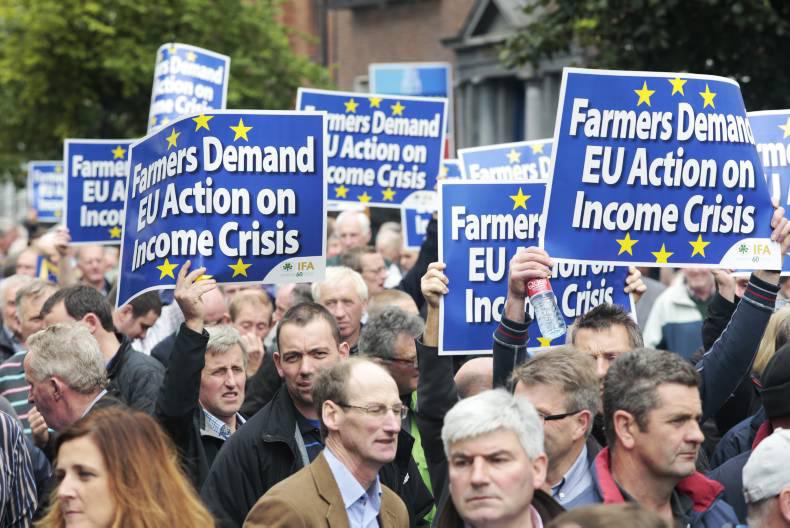French farmers grabbed the headlines and a €1bn government support package last summer when their frustration with beef and pork prices spilled over into protests. The agriculture minister, the prime minister and even the president all lobbied abattoirs and supermarkets to increase prices and focus on sourcing French produce to support the country’s farmers. This is quite a contrast to the Competition and Consumer Protection Commission warning Minister Coveney about debating price in the Beef Forum. Clearly they do things differently in France.
Anyhow, six months later French prices are still struggling with the exception of lamb, which is performing reasonably well. France, along with Ireland and the UK are the only countries in the EU that produce steer beef in worthwhile volumes. Looking at their R3 steer price this week, we find that it is trading at €3.67/kg compared to Ireland’s €3.79/kg (excluding vat). Heifers are trading at €3.94 compared to €3.99 (excluding vat) in Ireland. Cow beef, the meat of choice in most top French restaurants, is the only category that is performing well at €3.76/kg compared with €3.26 in Ireland (excluding vat) for top-quality R3 grading suckler cows. The preference for cow beef in France is such that top quality cows are worth 11c/kg more than their steers. Plainer O grading cows are more in line with Irish price, being worth 6c/kg more.
This is a problem for Irish farmers as well. France is Ireland’s second-largest export market, taking 60,000 tonnes in 2015. We are going to struggle selling them steer beef while their domestic price is so weak other than the opportunist trading of cuts such as ribs in the summer months. It is the opposite with cows as top quality Irish cows are very attractive to French customers at 50c/kg less. That is almost as big a differential as there is between Irish and UK steers. However, in terms of cow beef there is little alternative to France.
A further complication arises from weak prices in France forcing a focus on buying only domestic produce. When the top two politicians in the country are calling on people to buy French, selling Irish produce, whatever the price gets more difficult. There were reports last summer that longstanding customers of Irish beef and lamb withdrew from the market and left their chills empty rather than be seen to import. A further example of how country of origin labelling crucifies an exporting country.






 This is a subscriber-only article
This is a subscriber-only article











SHARING OPTIONS: